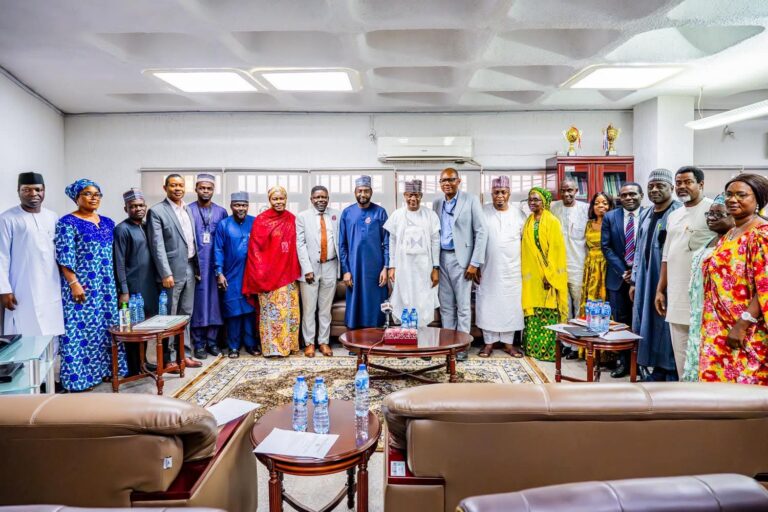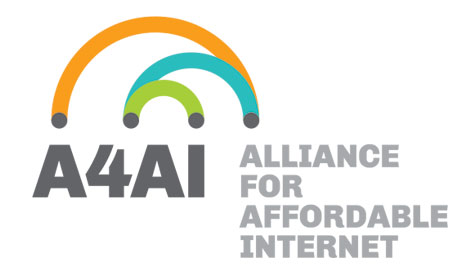African Development Bank introduces digital skills training centres to promote women’s participation in ICT

On International Girls in Information and Communication Technology (ICT) Day, the African Development Bank’s Coding for Employment program announced that half of its initial training seats will be reserved for women candidates.
The Coding for Employment program, which provides African youth with the digital skills they need to participate effectively to the global digital economy, is part of a foundational pipeline enabling girls and young women to pursue careers in science and technology.
On March 8, 2022, Coding For Employment hosted virtual and in-person ribbon-cutting ceremonies for three new centers of excellence. Covenant University in Ogun State and Gombe State University in Gombe State are two of the Nigerian centers.
The third center of excellence is located on the campus of Kenya’s University of Nairobi. Covenant University and the University of Nairobi hosted the ceremonies. Attendees included bank representatives, Coding for Employment partners, and university personnel.
In virtual remarks, Martha Phiri, Bank Director for Human Capital, Youth and Skills Development, said, “This launch reflects the Bank’s strong commitment to creating a world where gender equality is true in the classroom, in the boardroom, and in every sector of the economy in order to build a more inclusive, innovative, and resilient African society.”
The centers will initially serve participants in Coding for Employment’s Digital Ambassadors program, a new, intense peer-to-peer training approach aimed at increasing digital skills among African youth, particularly in rural areas with limited internet access.
A virtual conversation on the importance of women in Africa’s digital economy, as well as ongoing gender imbalances in science, technology, engineering, and mathematics (STEM) sectors, was also part of the inaugural event.
Only 30% of the world’s IT science and technology workers are women, according to the International Telecommunication Union, which sponsors the Girls in ICT Day.
“For a long time, socio-cultural conventions, attitudes, and bias have shaped how women are regarded and hindered women’s prospects to pursue professions in technology.” Breaking these stereotypes needs early exposure to coding and STEM-related subjects for young females to see it as a realistic career option, according to Olatomiwa Williams, Microsoft’s national manager for Nigeria. Microsoft is a partner in the Coding for Employment program.
The new centers of excellence are outfitted with 50 computers, classroom-style learning stations, and informal networking areas. Coding for Employment students have access to a variety of free courses, including web design, app development, data science, and digital marketing.
The African Development Bank Group’s Jobs for Youth in Africa Initiative, which aims to place Africa’s youth on a path to wealth, includes the Coding for Employment Program. By 2025, the Jobs for Youth in Africa Initiative seeks to provide employable skills to 50 million African youth and create 25 million jobs in agriculture, information, communication, and technology, as well as other critical areas.
With the addition of the new centers, the number of Coding for Employment-branded learning spaces across the continent has grown to seven, with locations in Rwanda, Senegal, and Côte d’Ivoire. By 2025, Coding for Employment hopes to open 130 centers across Africa.







